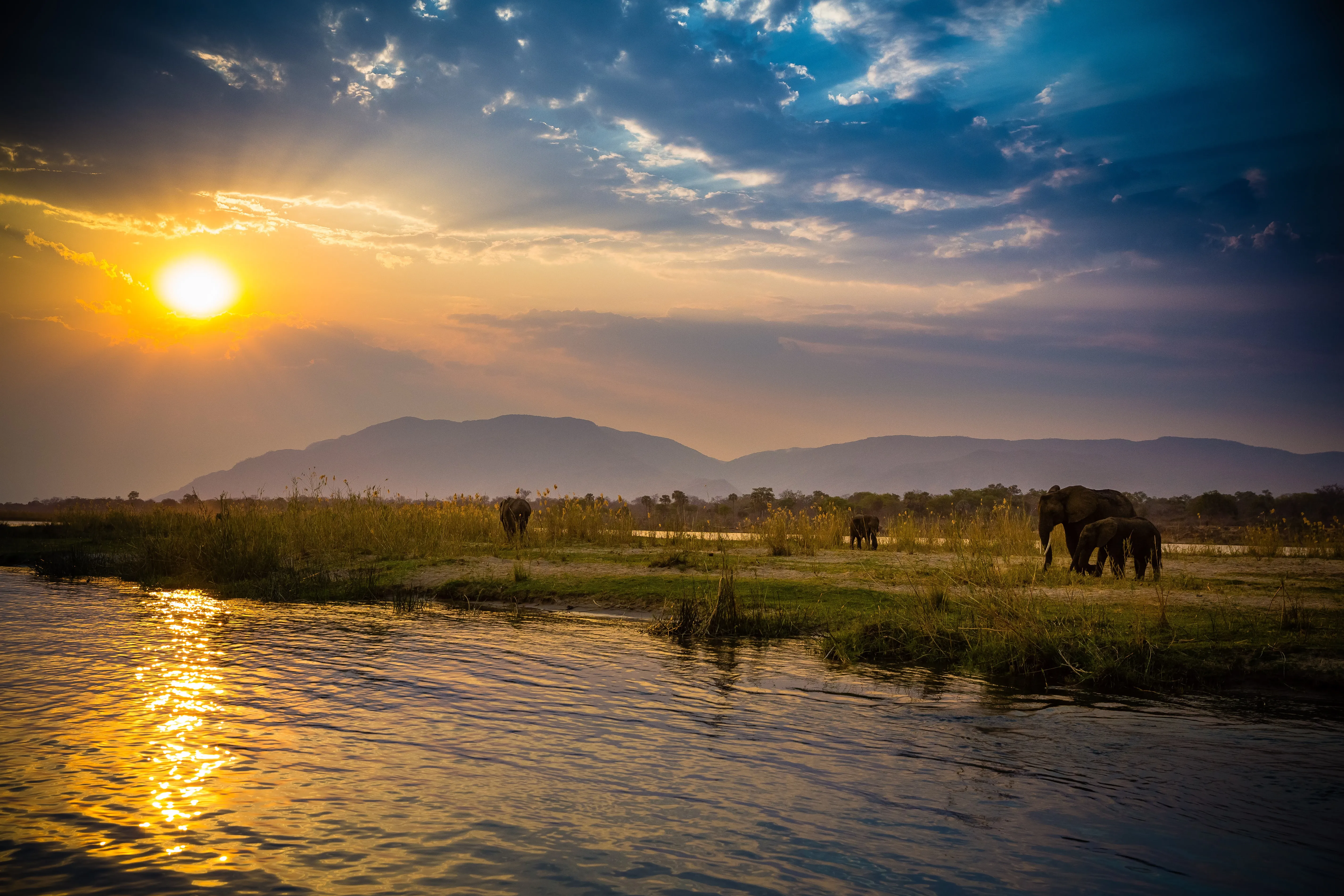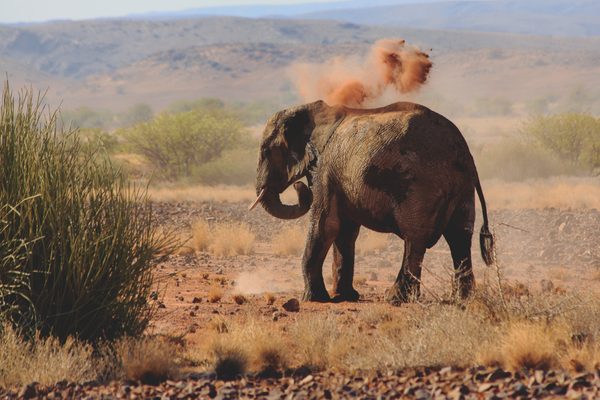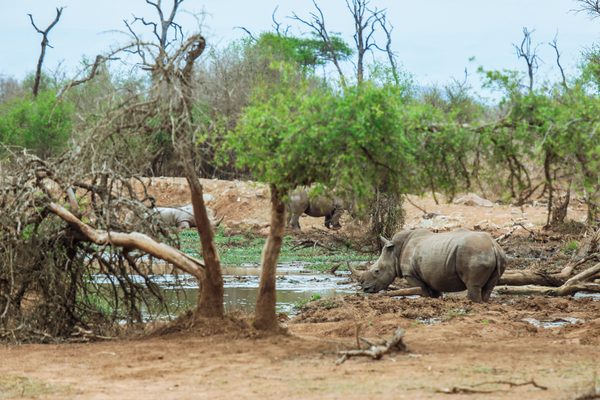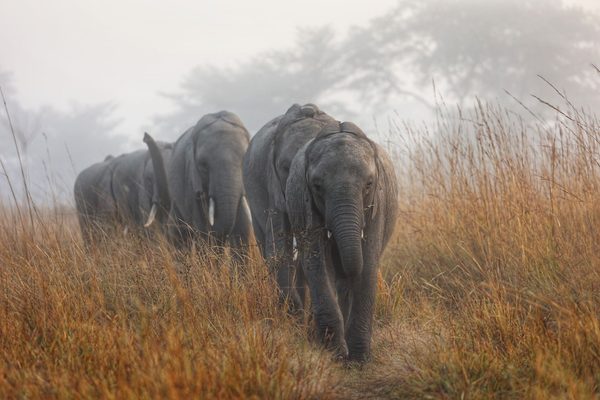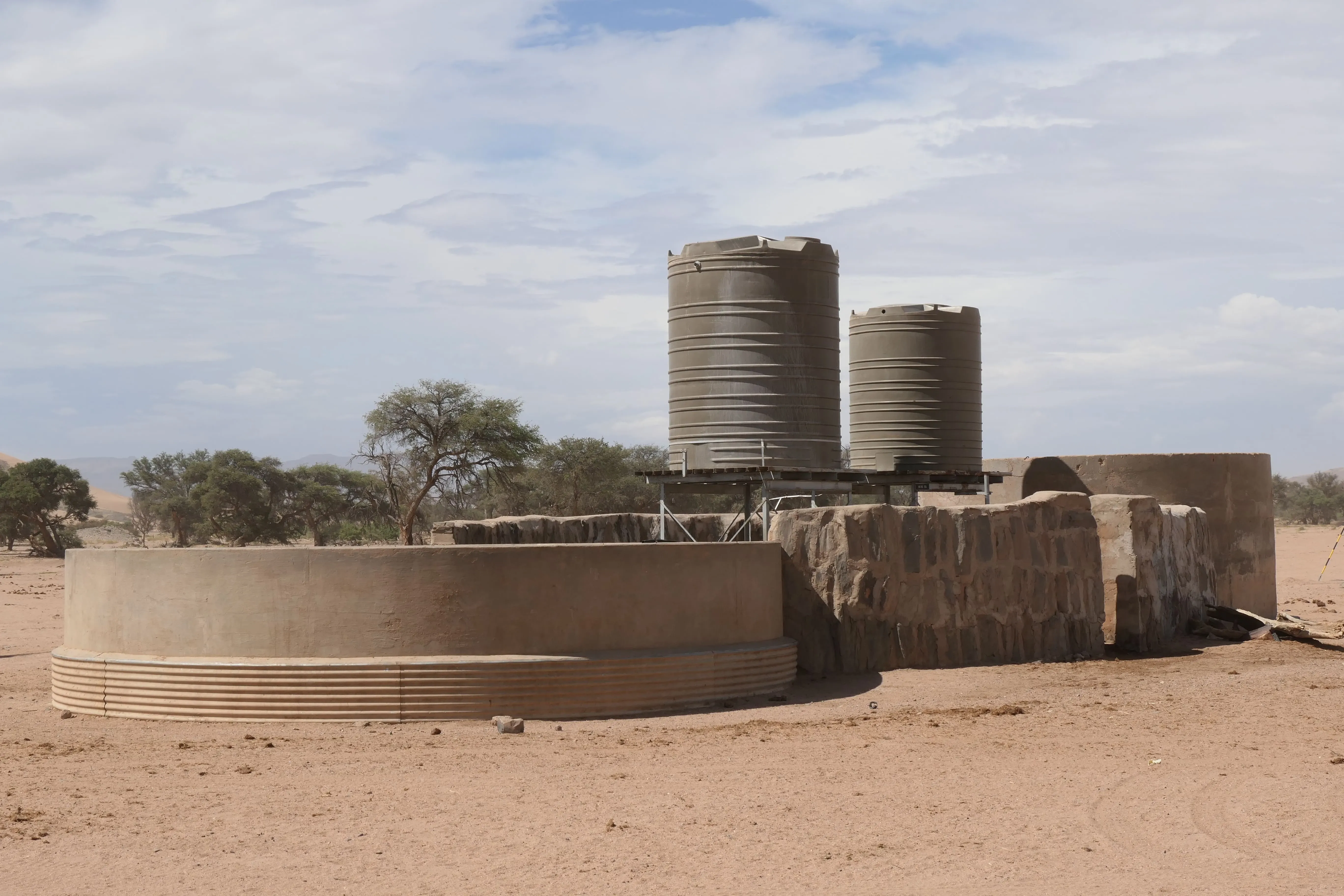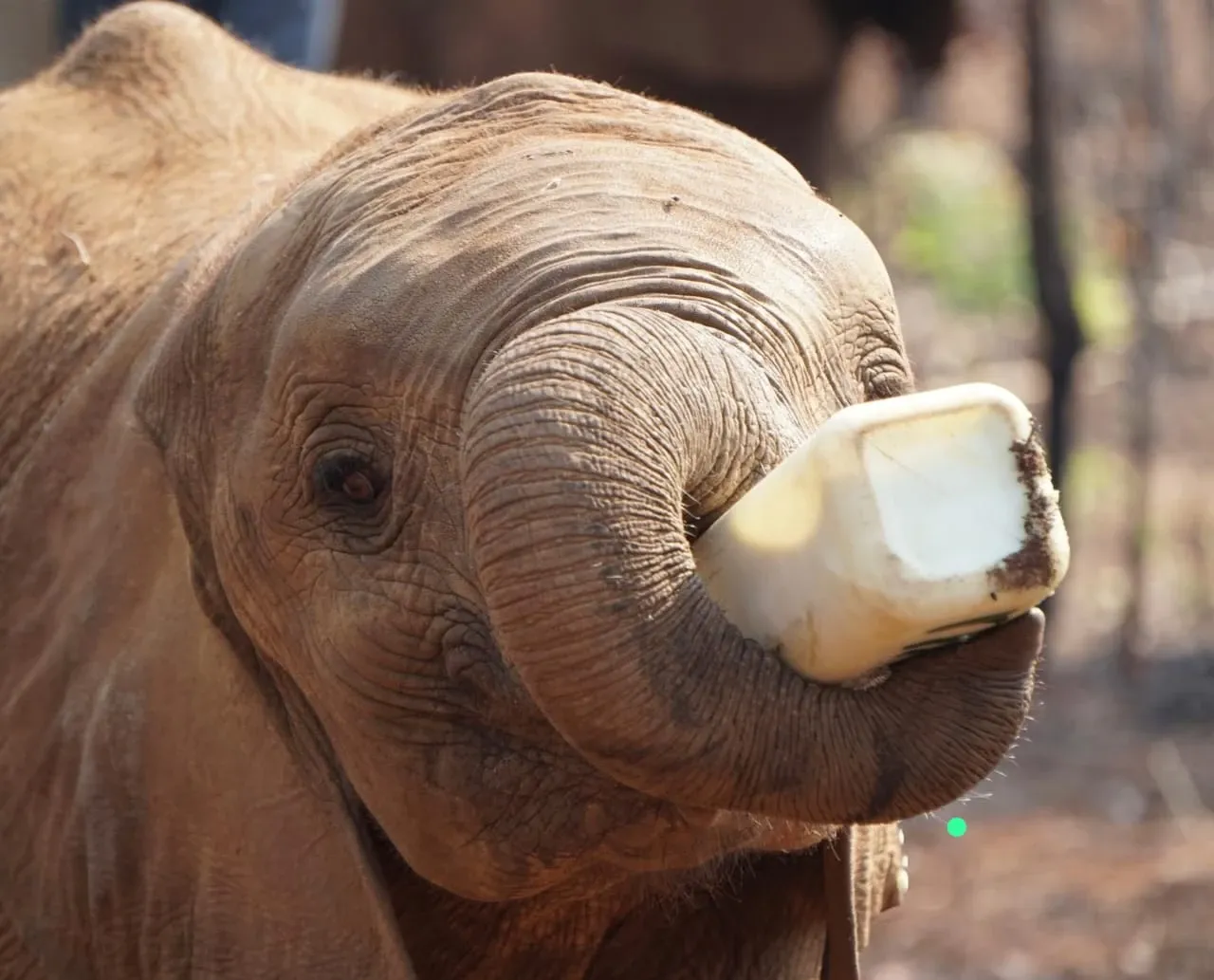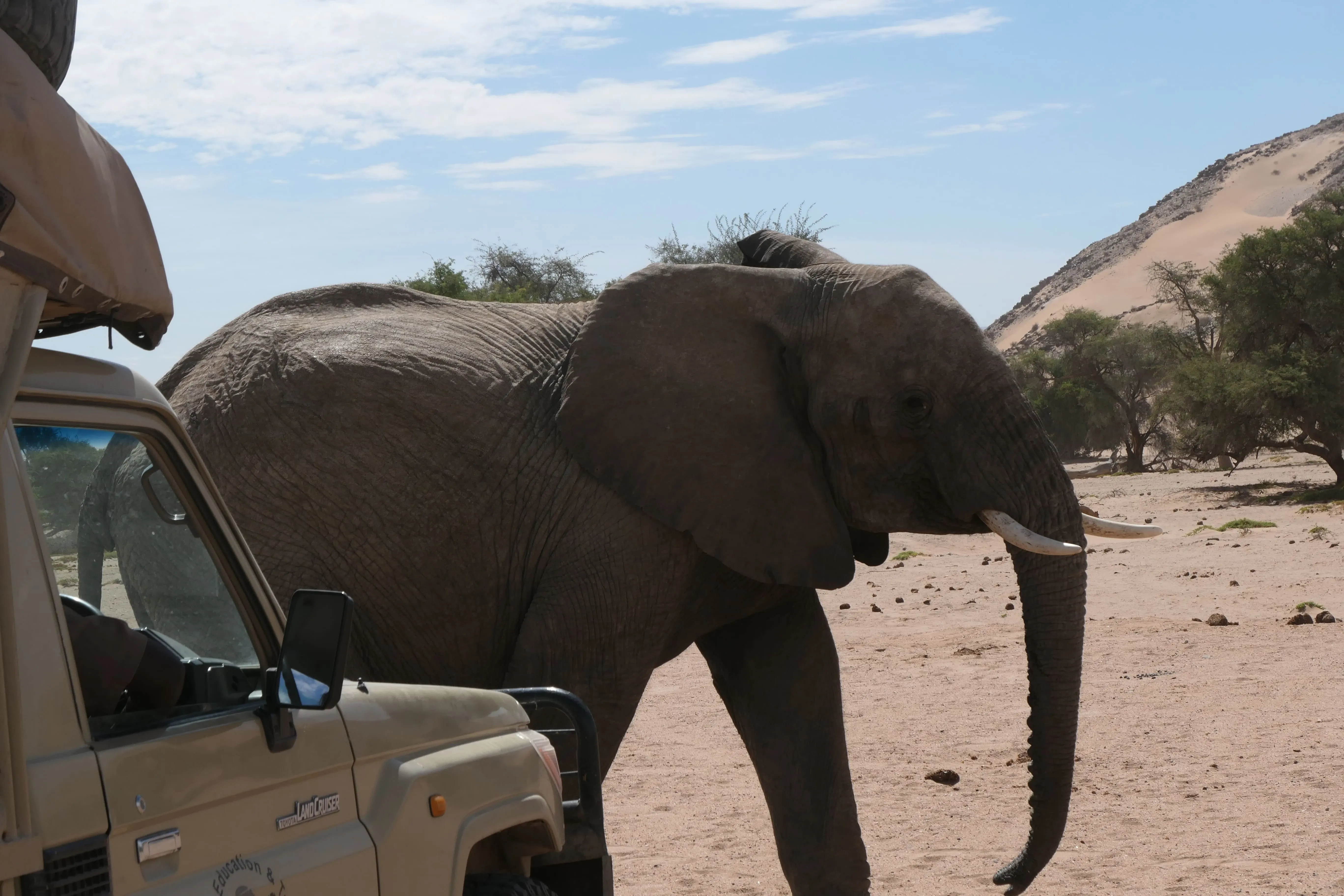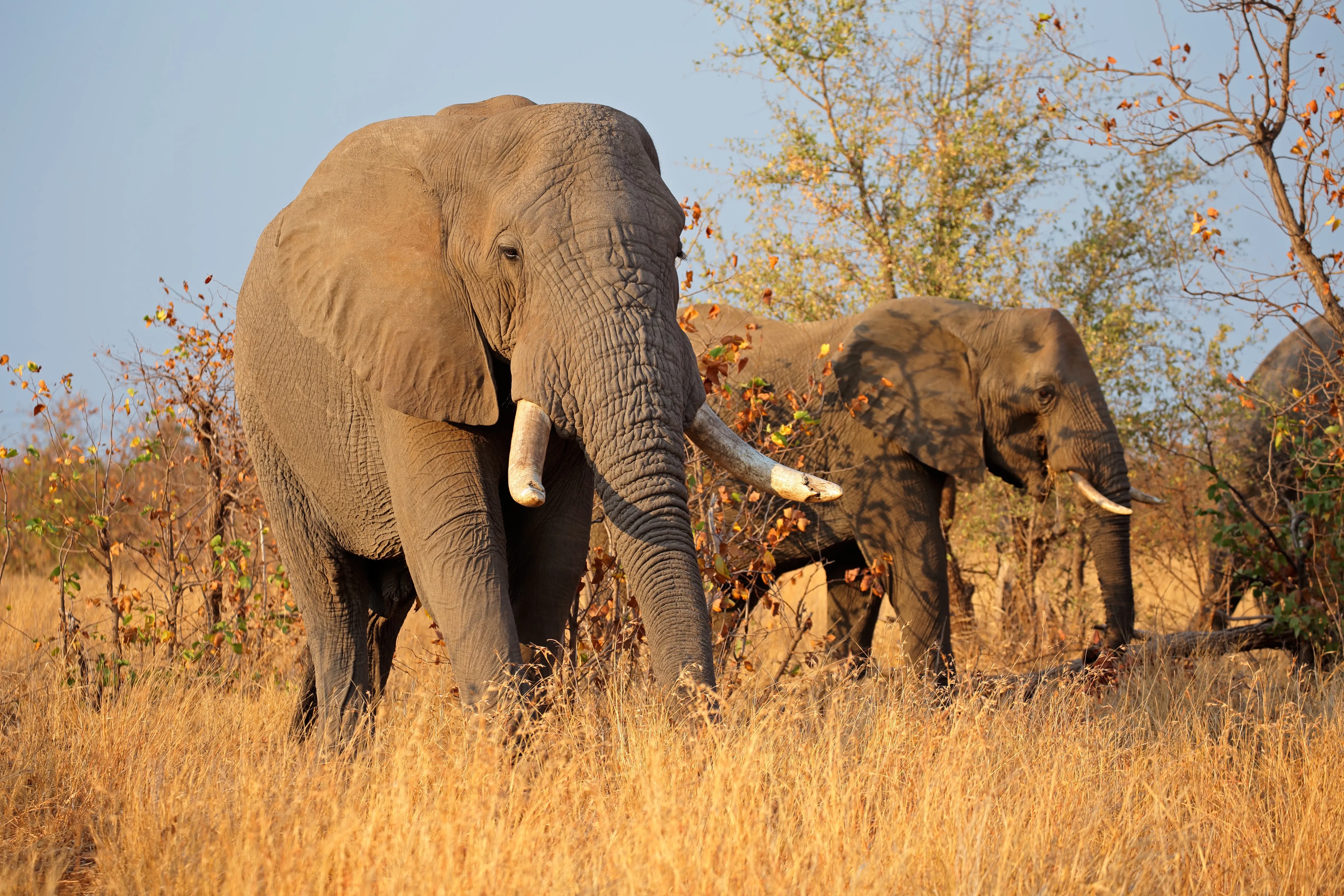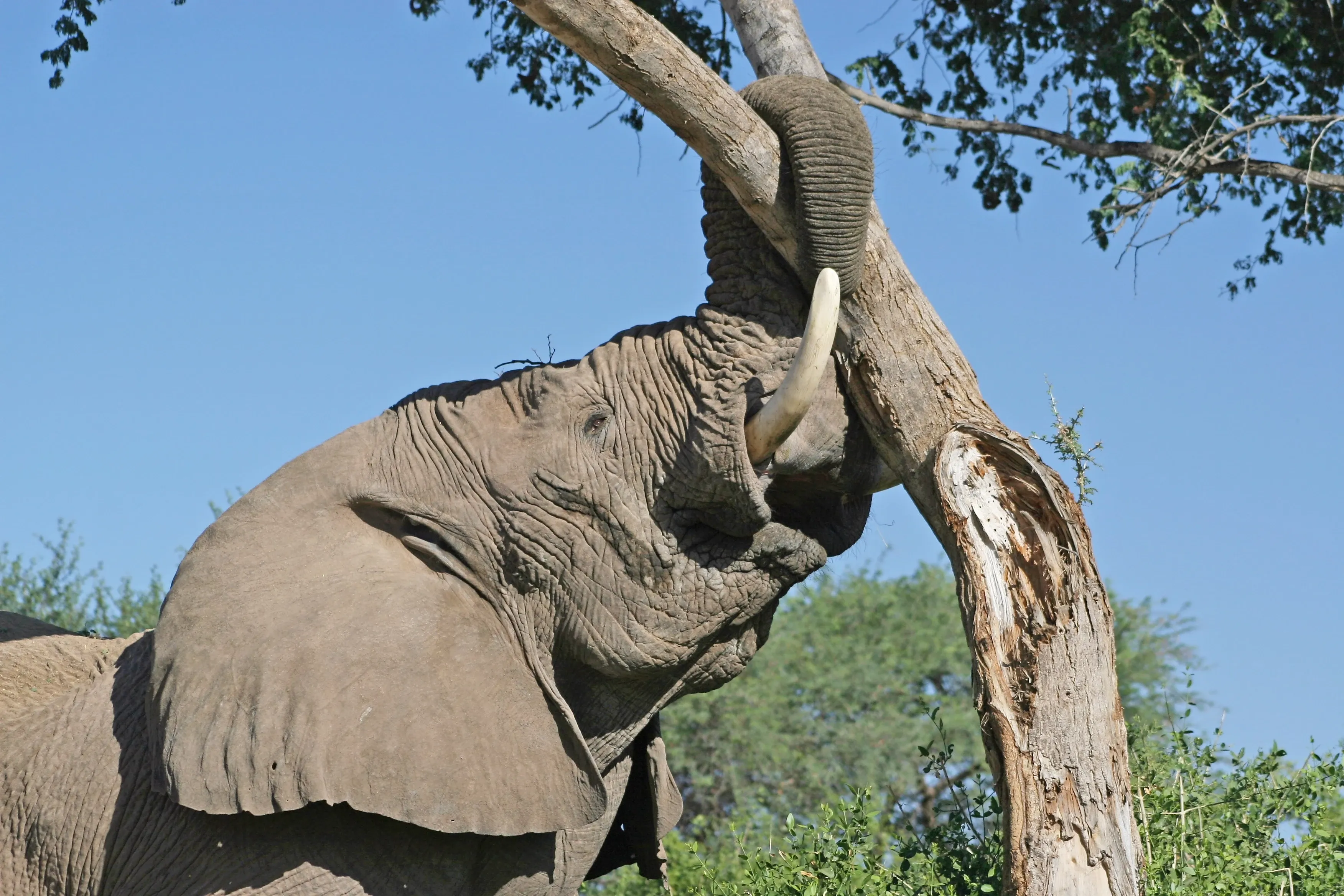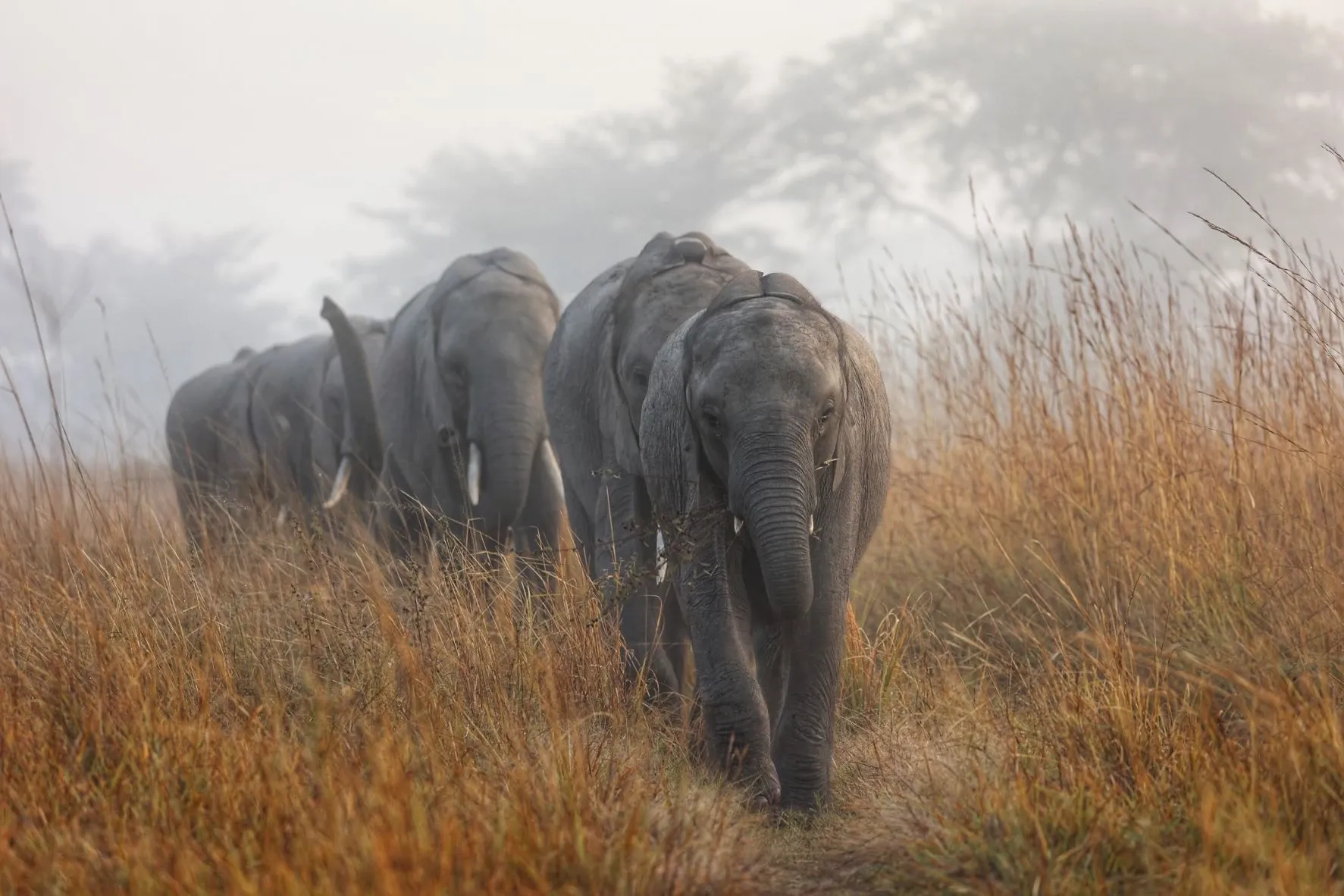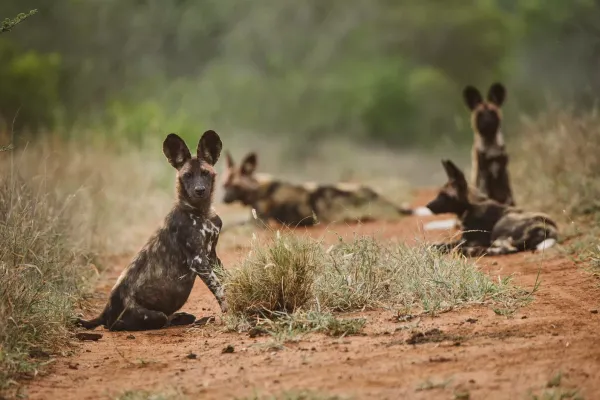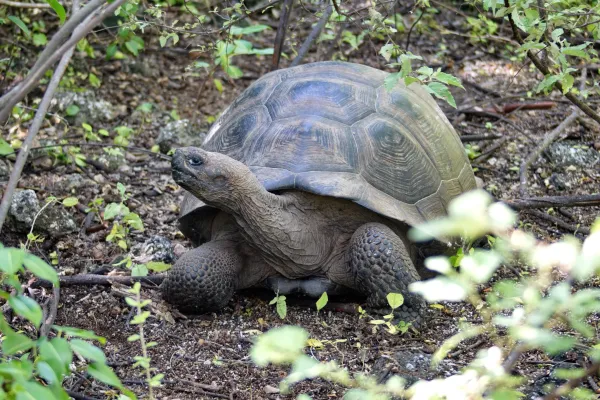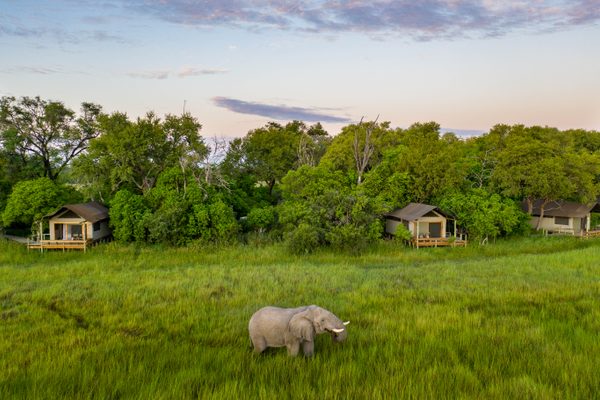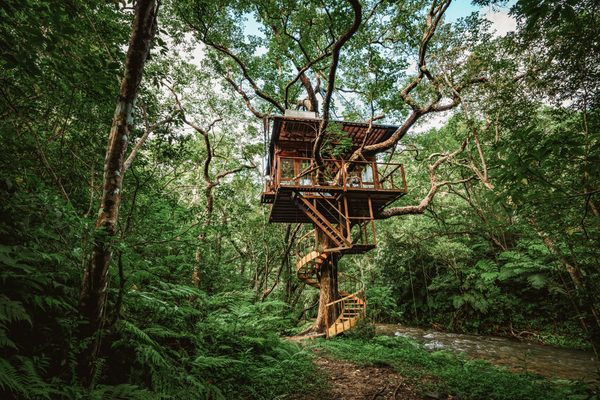Volunteering with elephants
Roaming the vast landscapes of Africa and Asia, elephants captivate with their extraordinary intelligence and awe-inspiring presence. These magnificent creatures, impressive not only due to their size but also their cognitive abilities and complex social structures, face significant threats.
All three species – the African savanna elephant (endangered), the Asian elephant (endangered), and the African forest elephant (critically endangered)– are listed on the IUCN Red List.

Various factors severely impact their populations. By participating in elephant conservation in Namibia, Sri Lanka, Zambia, Thailand, and other countries across Africa and Asia, volunteers can contribute to the protection and preservation of these majestic animals while enjoying an enriching international experience dedicated to wildlife conservation.
Highlights of volunteering with elephants
- Experience the thrill of observing elephants in their natural habitats.
- Participate in real-world conservation efforts and contribute to vital research.
- Engage with local communities and experience diverse cultures in Africa and Asia.
- Gain valuable skills in teamwork, research, and wildlife management.
- Support sustainable and ethical practices that ensure the well-being of elephants.
Why conservation projects for elephants are needed
Poaching, or illegal hunting, poses the greatest threat to all three elephant species. Poachers target the elephants' tusks, as the illegal ivory trade unfortunately continues to thrive, particularly in East Asia.
Another significant issue is human-wildlife conflict. In both Africa and Asia, elephants' natural habitats are increasingly encroached upon by expanding human settlements. As both humans and elephants compete for land and resources, these encounters often result in fatal conflicts.
In response to these challenges, numerous projects have been established across both continents dedicated to the conservation and protection of elephants. Through ethical elephant conservation volunteering in countries like Thailand, Namibia, Sri Lanka, or South Africa, volunteers can make meaningful contributions to these initiatives.
How can I volunteer with elephants?
Elephant conservation volunteering can take place in game reserves and national parks or in sanctuaries and rescue centres. Ethical sanctuaries focus on the rehabilitation, rearing, and preparation of elephants for release back into the wild. In contrast, volunteering in wildlife reserves involves monitoring and observing elephants. Field research helps track population trends and identify potential threats, enabling the implementation of appropriate conservation measures.
When choosing a project, you must always pay attention to the ethical guidelines and conditions, as there are unfortunately also many projects that prioritise profit over impact and offer things like elephant riding or bathing.
»Are we happy to suppose that our grandchildren may never be able to see an elephant except in a picture book?«
Elephant Conservation Volunteering – Frequently Asked Questions
Why should I volunteer to protect elephants?
Although elephants have few natural predators, poaching and habitat loss increasingly restrict their population growth. Volunteering with elephants offers the chance to contribute to conservation efforts through targeted research and protection measures. Guided by experienced instructors, volunteers can observe elephants up close, enhancing their understanding of these incredible animals.
Additionally, volunteering allows individuals to connect with like-minded people from around the world, explore fascinating countries, and develop valuable skills such as teamwork, independence, and adaptability.
Where can I volunteer with elephants?
Volunteering with elephants is possible in both Africa and Asia. Typical African countries for elephant conservation volunteering include Namibia, South Africa, Zambia, and Kenya. In Asia, volunteering with elephants is generally available in Thailand, Sri Lanka, India, and Cambodia.
Before committing to a volunteering project in a game reserve or sanctuary, it is crucial to verify that it is an ethical initiative.

What should I consider when volunteering with elephants?
Many establishments, particularly in Asia but also in Africa, offer elephant attractions such as elephant washing or bathing. These facilities often label themselves as Elephant Sanctuaries or Elephant Orphanages, claiming to contribute to conservation.
However, the reality is often quite different: elephants kept in captivity for tourism purposes are subjected to significant cruelty. Young animals are typically captured illegally from the wild, brutally trained, and ultimately "broken." The living conditions are often dire, with a façade maintained solely for paying tourists and volunteers.
Elephants are wild animals, and the use of these unnatural “training” methods makes them submissive to humans and unfit to ever return to the wild. By choosing ethical sanctuaries and wildlife reserves for volunteering with elephants, participants not only contribute directly to conservation efforts but also ensure the well-being and future sustainability of these majestic creatures in their natural habitats.
Reasons to volunteer with elephants
Volunteering with elephants offers a unique opportunity to make a meaningful impact on the conservation of these majestic creatures while gaining invaluable personal experiences. Here are five compelling reasons to engage in a volunteer project with elephants:
- Conservation Efforts:
- Directly contribute to the protection and preservation of endangered elephant species. Help combat threats such as poaching, habitat loss, and human-wildlife conflict.
- Educational Experience:
- Gain a deeper understanding of elephant behavior, ecology, and the challenges they face. Learn from experienced conservationists and researchers in the field.
- Personal Growth:
- Develop essential skills such as teamwork, independence, adaptability, and problem-solving. Enhance your global perspective and cultural awareness by working in diverse environments.
- Ethical Engagement:
- Support ethical initiatives that prioritize the well-being and conservation of elephants. Avoid harmful practices and ensure that your efforts are part of a sustainable and responsible approach to wildlife conservation.
- Global Impact:
- Join a global network of like-minded individuals dedicated to wildlife conservation. Create lasting memories and connections while making a positive difference in the world
Sign up for the newsletter
By clicking on “Subscribe now” I will subscribe to the Conscious Explorer newsletter with all the information about mindful travel. Information on the success measurement included in the consent, the use of the shipping service provider MailChimp, logging of the registration and your rights of revocation can be found in our privacy policy.
